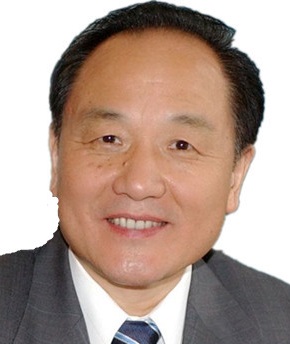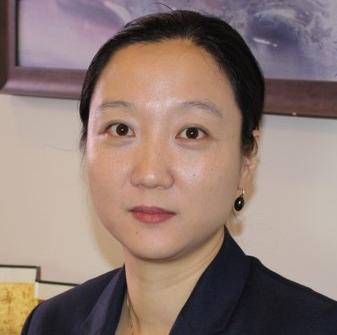Recently, this writer attended the Ministerial Conference on International Support to Libya held in Rome; the Second Conference on Cooperation among East Asian Countries for Palestinian Development held in Jakarta; and the Second International Humanitarian Pledging Conference for Syria held in Kuwait City. At the meetings, this writer, in the capacity of China’s special envoy, expressed China’s hope and support for positive progress in international efforts for the solution of the Libyan, Palestine and Syrian issues.
On the Palestine issue, China holds that the promotion of Palestine’s capability to build-up is the key to the realization of Palestine-Israel peace. It is the obligatory responsibility of the international community to help Palestine in its economic and social development. Now the Palestine-Israel peace talks have entered into a complicated and delicate phase, with both opportunities and challenges existing. The two sides should seize the opportunity to remove obstacles and create a favorable atmosphere for peace talks. The international community should also urge reconciliation and facilitate peace talks in a fair and balanced way, so that substantial progress can be achieved at an early date.
On the Libyan issue, China calls on the international community to follow through on their commitment of aid for Libya and to support the United Nations in playing a more prominent role in Libya’s reconstruction that fully respects Libya’s sovereignty, independence and unity. China is committed to promoting friendly and cooperative relations with Libya and has offered help within its ability for the country’s political transition and economic reconstruction.
On the Syrian humanitarian situation, China urges all relevant parties to continue efforts to implement the UN Security Council’s statement. China welcomes the positive moves Syria recently took to allow in humanitarian aids and hopes that both the Syrian government and opposition will make joint efforts to honor their responsibility to relieve the humanitarian disasters in the country.
This writer holds the view that the international community should explore the reasons why problems continue popping up in the Middle East. The Libyan, Palestinian and Syrian issues, for instance, share many characteristics although they stemmed from different origins. The most vital common streak is that none of these countries and their people has the power to decide their own destiny. The foreign forces behind the domestic parties are the dominating power dictating their fortune and future.
What is more noteworthy is that, as the situation evolves, the solution of certain countries’ problems will mainly rely on political efforts made by the international community, global powers and certain influential Arab nations. The current situation in Middle East reminds us that peace and development won’t commence until the international community earnestly assumes their political obligations and go all out to settle the hot issues in the region. The final solution, however, lies in the enhancement of the political turmoil-ridden countries’ self-determining power.
Take Palestine for example. An independent State of Palestine is building up its political and economic strength. This will be a positive force pushing forward peace and development in the Middle East region. This understanding is also true to the Syrian issue. The international community should face up to the humanitarian, security, political and terrorist challenges posed by the Syrian crisis. Joint efforts are needed to put an immediate end to the violence in Syria and help the country develop an ability to protect its people, meet their demands and rejuvenate itself independently. At present, a political solution is the only way to terminate the humanitarian disasters in Syria.
In a trip to Indonesia, I went out of my way to pay a visit to the Asia-Africa Conference Museum in downtown Bandung. Recalling the first-ever gathering of the leaders of Asian and African developing countries in 1955, a fresh understanding of the “Bandung Spirit” welled up in my mind. The Bandung conference opened a new era. The core values of the Bandung Spirit – solidarity, equality and peace – are still significant in guiding our acts. It is my view that Middle East countries should maintain independence and try to find ways that best suit their own development. They can keep co-existence among themselves while shelving their disputes. In this way, they will solve their problems and realize peace and development.
Next year will be the 60th anniversary of the Bandung Conference. I believe the Bandung Spirit that advocates independence, peaceful co-existence and seeking common ground while shelving disagreement is applicable to the settlement of the hot-spot issues in the Middle East.
Wu Sike is a member of the Foreign Affairs Committee of the Chinese People’s Political Consultative Conference and member on the Foreign Policy Consulting Committee of the Ministry of Affairs.



